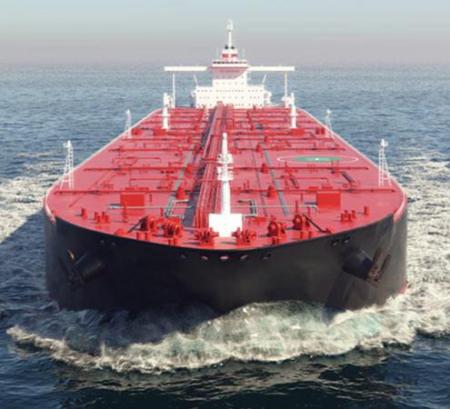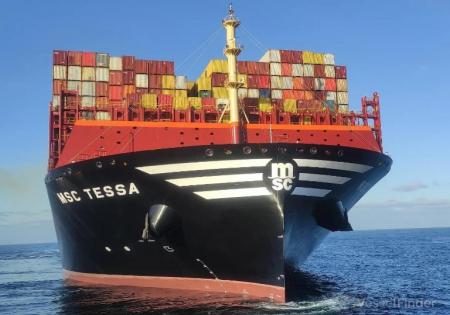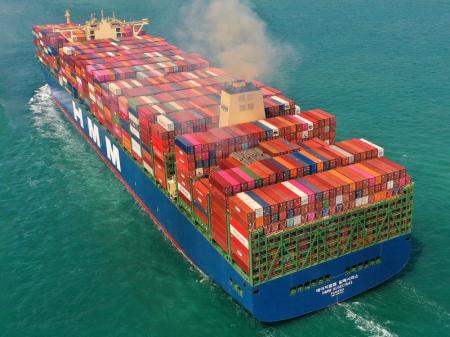Careers in Maritime Engineering
CEMT provides information and advice about careers in maritime engineering, including academic courses and working as a Maritime Engineer in Europe
Who are Maritime Engineers?
Maritime Engineers are professional engineers of different disciplines, including naval architects, marine engineers, ocean engineers and others, who are directly involved in the research, design, construction, operation and management of marine vessels and structures.

Academic Courses in Maritime Engineering
Many universities and colleges in Europe offer undergraduate and postgraduate courses related to maritime engineering. Some of these courses are recognised by different countries, both in Europe and world-wide.
Advice on studying maritime engineering in any country can be provided in the first instance by the member societies of the Confederation of European Maritime Technology Societies.

Working as a Professional Engineer in Europe
In addition to national restrictions for working in a country of Europe, some countries and companies may require a maritime engineer to register or be qualified as a professional engineer in order to carry out some roles.
